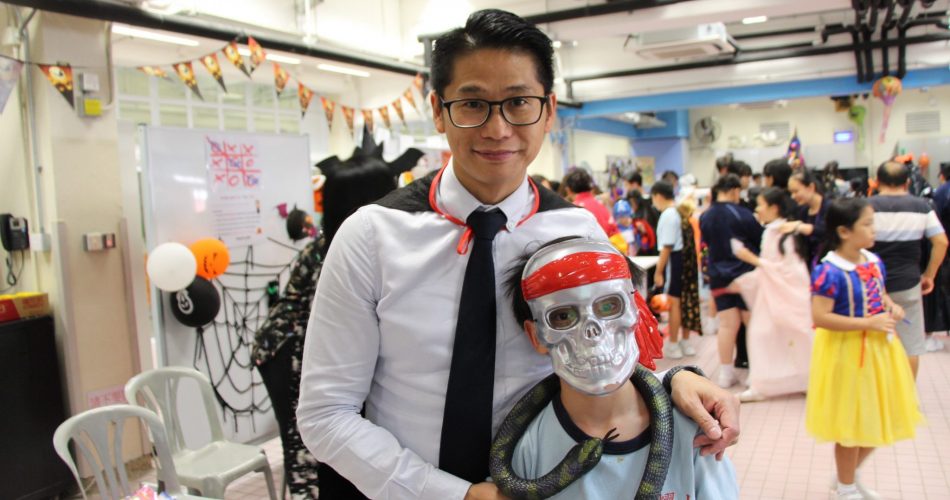Children grow up at their own unique pace. Unfortunately, traditional schools apply a uniform standard and define success with merely test results. To achieve the goal of universal education, large classes and standardized teaching are undoubtedly the most efficient ways to improve general literacy. The downside of such one-size-fits-all schemes is that children who cannot stick to the standard are usually left behind. They may even be lost in the process and lose confidence in learning.
Located within School Net 41, the Kowloon Tong strip famous for elite schools, Iu Shan School is well-known as a “happy school” and a “caring school” in the district. According to Principal Sek Lai Yan, the school is operated like a village school with only around 130 students and a teacher-to-student ratio of 1:9, committed to establishing a close relationship with students and parents to understand each student’s needs, discover and nurture students’ interests and potentials, and foster an inclusive culture.
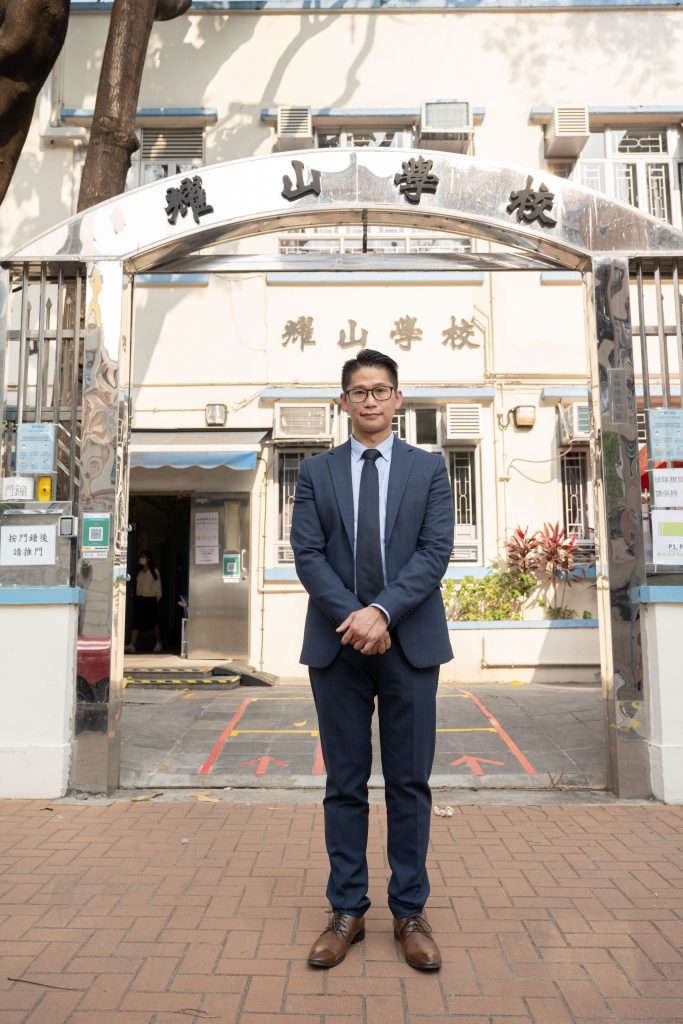
School as a miniature society
A contrast from the majestic campuses of elite schools in the neighbourhood, Iu Shan School is a two-storey bungalow located on a quiet street. It implements Small Class Teaching, with only one class per grade and six classes in the entire school. Principal Sek says his school is akin to a microcosm of society with students coming from different backgrounds, classes, races and abilities. “Though students in the nearby Kowloon Tong are generally from upper-middle-class families, a lot of grassroots families reside in the Kowloon City District near the old airport. There are students from both districts studying at our school. Among them are local-born children, children from mainland China, non-Chinese speaking students and also students with special educational needs. There has also been a rise in the number of students transferring from nearby prestigious schools. Our campus is akin to a miniature society that values interpersonal relationships. Our student population is small, so we have every chance to cultivate a close relationship with them. At the same time, we also adopt an open campus policy. Parents are welcome to visit, communicate and collaborate with the school. This kind of caring and inclusive culture has won the hearts of countless parents.”
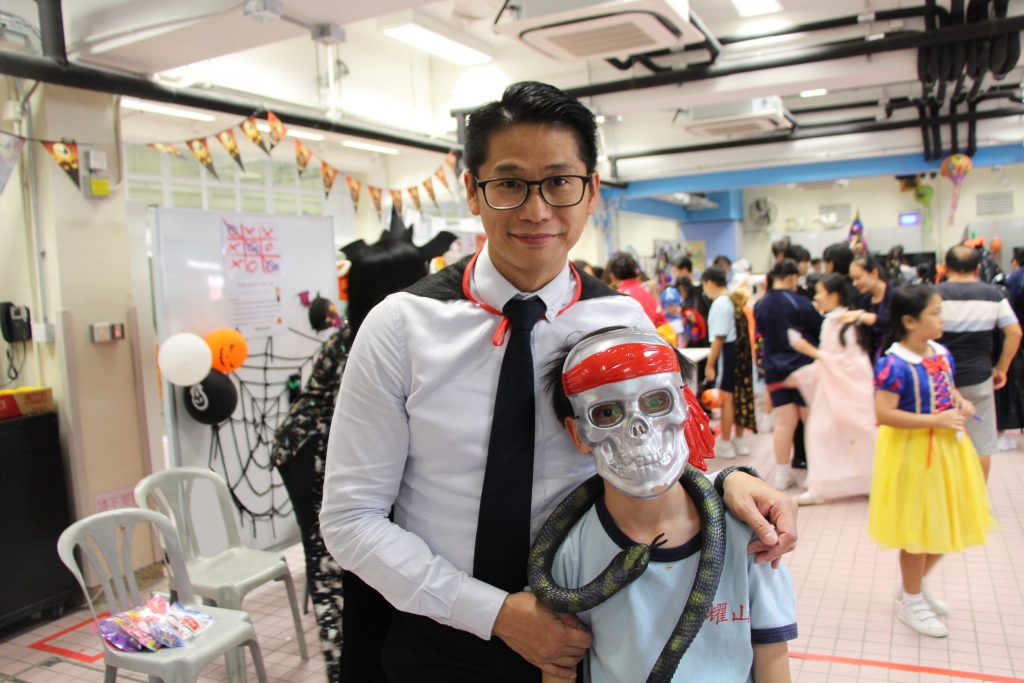
A happy school fosters a happy childhood and valuable family time
According to Principal Sek, the current pandemic and social atmosphere have caused parents to shift focus from their children’s academic results to their wellbeing. “In recent years, more parents have enrolled their children into happy schools or schools featuring a more caring culture. These types of schools are rare in School Net 41. Although Iu Shan School cannot expand its physical campus due to historical reasons, our cozy space allows us to build close relationships with parents and children, fostering a close community. Children learn and grow at different paces. We aim to provide more resources to children with special learning needs. A dual-class teacher system is implemented across all grades. One teaching assistant is assigned to every class from Primary One to Four to help struggling students catch up on core subjects and more difficult subjects. We also try to minimize homework involving rote copying to maintain a light workload. As online classes have become more common, students can submit their work in more diverse formats online, such as audio recordings. Apart from extracurricular activities, we provide after-school homework tutorials so students do not have to sacrifice quality time with family for studying. Most of our students complete their homework at school and spend their time at home with their family or in play. Our goal is to help children enjoy a happy childhood with their families by reducing academic stress.”
While some may worry that students who graduate from these happy schools will have a hard time catching up with the secondary school curriculum, Principal Sek explains, “Our educational background no longer guarantees a good career or higher income. A diverse economy provides our next generation with more opportunities. As studying no longer equals success, our children are granted more flexibility in choosing their paths to live their life in full. Some open-minded parents already realized the fact that studying is not necessarily bounded to happen within a certain period of time. Abundant knowledge can be obtained via YouTube or other online media platforms. As such, fostering self-learning skills in children is paramount. Give our children space to explore their own paths, for they are perhaps the only ones who know what works best for their growth. The journey can be a smooth sailing, or filled with failures, but overcoming obstacles in the process is also a valuable lesson. Even very young children have an opinion of their own. Parents should not make all the decisions for them and rob them of the endless possibilities that they could have become. We have many transferred students from elite schools. They were all victims of academic stress but have become more confident when given more space to explore their interests in our school. Their academic performance remains excellent and are able to enroll into Band One EMI schools. As long as they want to, children will achieve their goals without external pressure.”
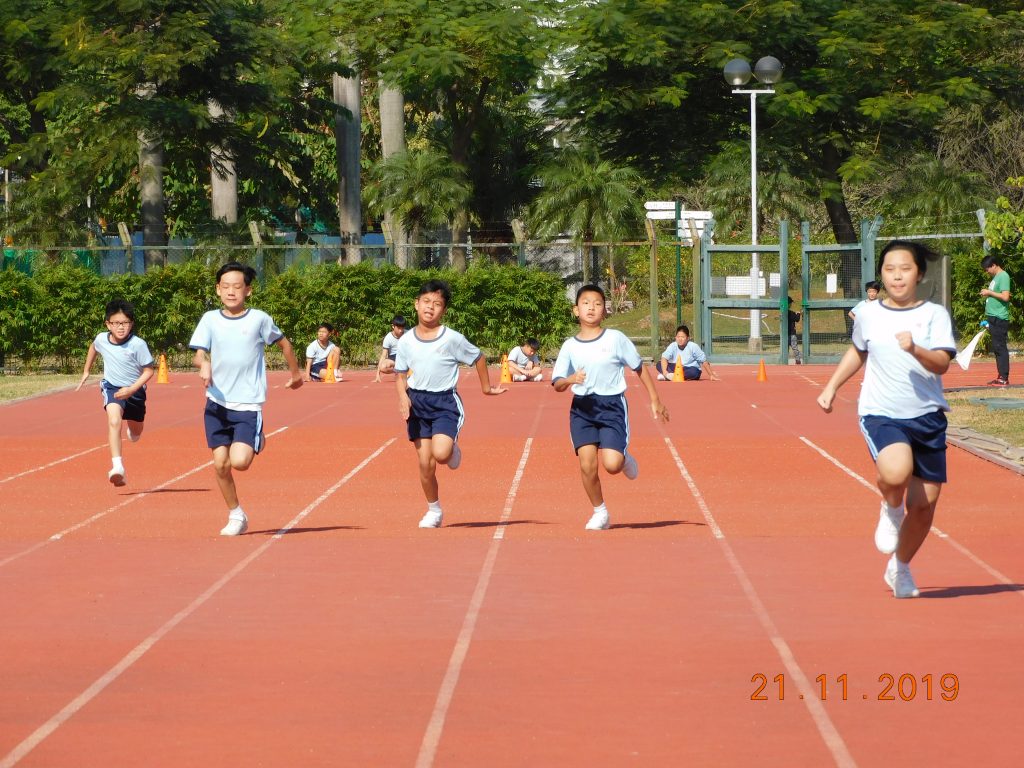
How can a school build an inclusive culture for students of diverse abilities and backgrounds? Principal Sek explains, “We assign senior students to take up the roles of ‘little mentors’ and ‘little angels’ to help junior students adapt to campus life. The senior students will guide them to write in their handbooks and pack their schoolbags. They will also play together at recess and share stories during lunch. These students are paired up by the teachers, for example, students from the same hometown in mainland China will be matched. In other schools, students usually hang out with their classmates, but our school has fostered many cross-grade friendships. During recess or extracurricular activities, senior students are often seen taking care of junior students or playing creative games with them. Besides inclusion, we can also see immense growth in their creativity and independence. Our school grounds are safe for them to play and explore freely.”
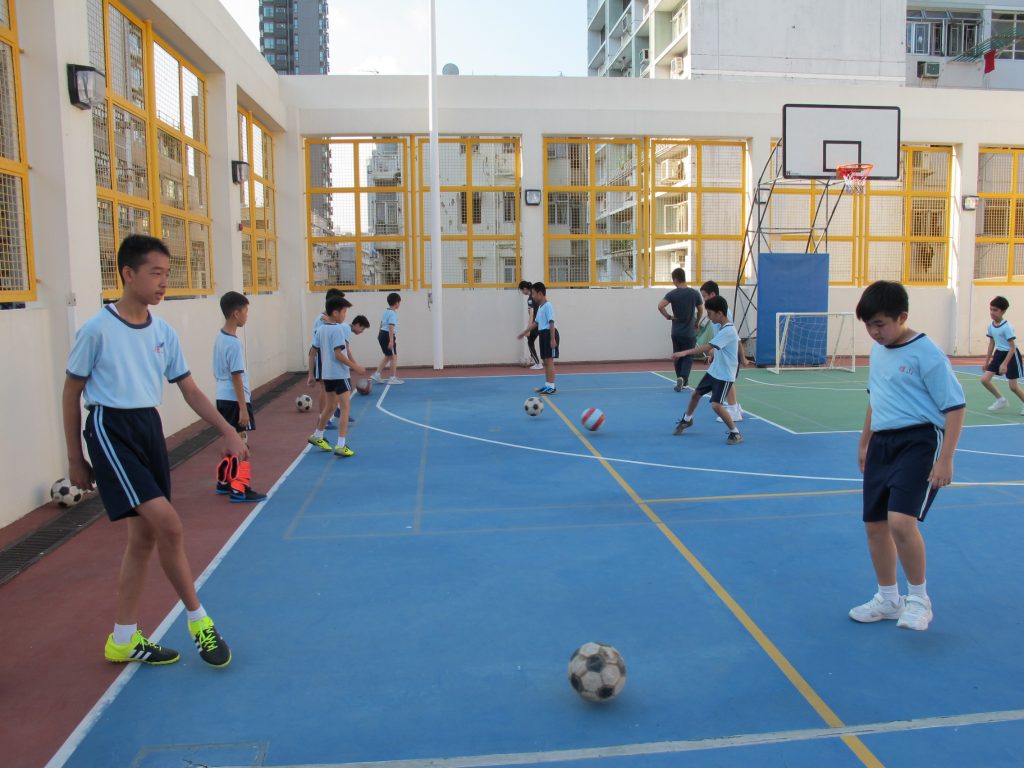
Caring for the needs of students and parents
“Our teaching assistants also lead groups and tutorial classes. Besides asking for help in homework, students also share their thoughts and feelings with these teaching assistants. Many parents juggle work and family and may not have a lot of time to play with or talk to their children. Every Friday, we host an open school period after school hours. Students can stay on campus while parents and teachers will supervise to ensure their safety. We also welcome parents and alumni to use our facilities. During this open school period, parents can share their parenting experience and render support to one another. In addition to caring for our students’ needs, we are very concerned with supporting our parents by organizing activities such as parenting talks and regular group meetings to help ease parenting stress, promote family-school partnerships and encourage parents to support one another.”
The students of Iu Shan School have sufficient space to explore their interests. As a result, a lot of them have found their passions and life goals much earlier than other children of the same age. Principal Sek said, “A former student who likes football had the chance to develop his football skills in primary school and eventually became a ‘little coach’ among his classmates in secondary school. After graduating from secondary school, he became a top player in his district. Meanwhile, a student who loves dancing opened a dancing school and came back to her alma mater to teach our students. Children really understand the role our school had played in protecting their personal space so that they could freely explore, flourish and chase their dreams, and many of them are eager to give back to the school.”
~ Helena Hui

